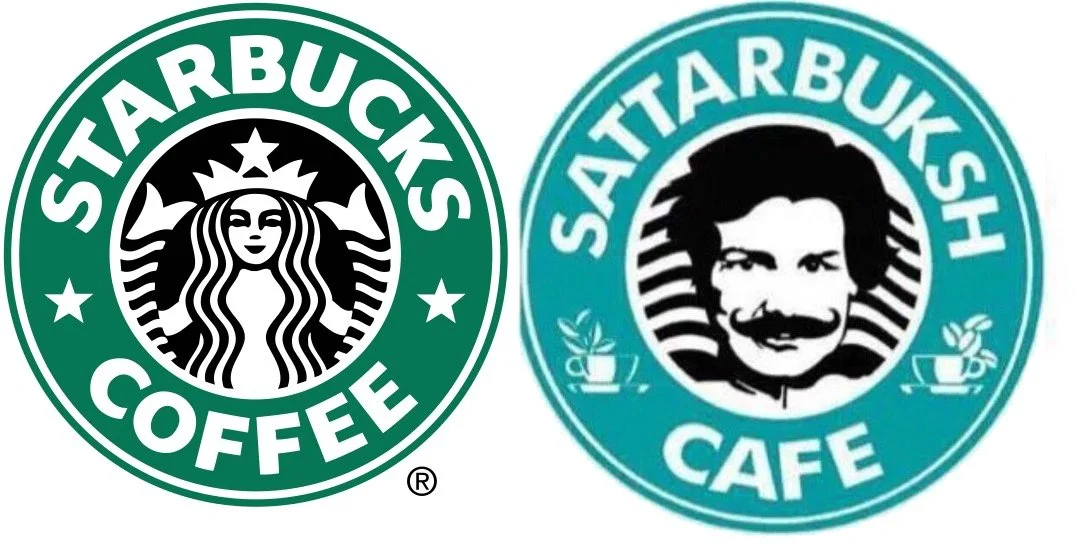Starbucks vs. Sattar Buksh – When parody is permissible under trademark law
If you’re walking around Pakistan craving coffee, you might find yourself at Sattar Buksh, a chain whose branding until recently bore a striking resemblance to Starbucks.
Naturally, Starbucks noticed. The company filed a lawsuit alleging trademark infringement, claiming consumer confusion, free-riding on Starbucks’ brand recognition and damage to its trademark.
Sattar Buksh openly admitted that Starbucks had inspired them. The founders find it amusing that “Sattar Buksh” sounds similar to “Starbucks”. Even the logo bore a resemblance: a face in a circle against a green background, which looked suspiciously close to Starbucks’ iconic siren with flowing hair.
So is it a parody? According to Sattar Buksh, yes – but one with a completely different cultural meaning. The origins of the names “Sattar” and “Buksh” are separate: “Sattar” is a common Pakistani name, while “Buksh” translates to “giver” or “servant” in Urdu. During the proceedings, the founders cited a 500-year-old Arabic text containing the name to demonstrate that the reference was cultural rather than a nod to Starbucks.
Can you parody a well-known brand like that? Unlike copyright law, trademark law does not include a parody exception (at least not in the EU). If confusion is likely, a trademark owner can take action. A famous brand can also claim free-riding on its reputation or dilution of its mark. In both cases, the use must occur in a commercial context, which it did here.
If a mark is used as a symbol to make a point (for instance, modifying an oil company logo in an anti-oil campaign), there is no commercial intent. In the Benelux region, the trademark owner could then rely on “other use” of a similar mark that damages the brand. The user may defend themselves by demonstrating a legitimate reason for using the mark. Ultimately, trademark parodies often require courts to balance trademark rights against freedom of expression.
This case never reached that stage. In the end, Sattar Buksh simply changed the color and shape of its logo, which resolved the matter for Starbucks. While the media widely presented the outcome as a victory for Sattar Buksh, it arguably represents a legal win for Starbucks. Nevertheless, the controversy undeniably boosted Sattar Buksh’s visibility.
Author: Erik Stegeman
Bio: Erik Stegeman is a trademark attorney and specialist in trademark protection for bands, DJs and artists. His client portfolio includes many famous DJ’s like Charlotte de Witte, Swedish House Maffia and Tiësto. He writes a lot about music trademark infringements. And if you are lucky, he will give you hints on the latest band and DJ’s.


